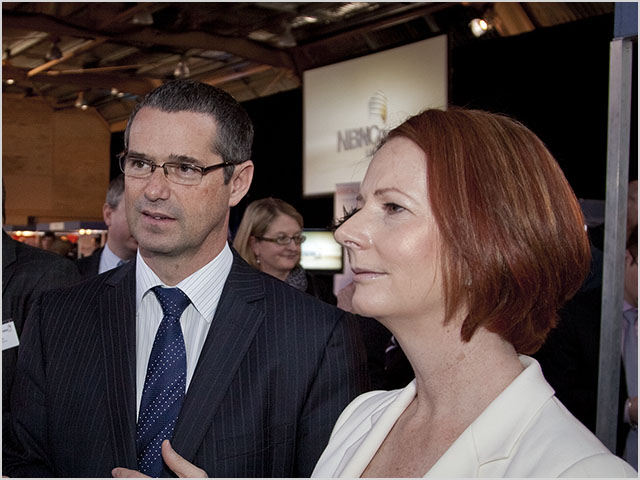Australia and NZ team up to tackle mobile roaming charges

The Australian and New Zealand governments have joined forces in addressing exorbitant trans-Tasman mobile roaming charges.

At the recent annual leaders' summit in New Zealand, both countries have announced that they will be giving their independent regulators new powers to investigate the high mobile roaming costs and to act to bring down prices. For Australia, that regulator would be the Australian Competition and Consumer Commission (ACCC).
"We will both introduce legislation into the parliament that ensures the regulators are able to investigate, and, if necessary, take action to regulate prices," Prime Minister Julia Gillard said in a statement.
She noted that the ACCC is currently unable to resolve trans-Tasman roaming issues for consumers with its existing powers.
According to a report by the Department of Broadband, Communications and the Digital Economy (DBCDE) into trans-Tasman telecommunications services, a small group of telcos have cornered the mobile roaming market, with margins of more than 300 percent for wholesale services and 90 percent for retail. This results in costs where a person with an Australian SIM card in New Zealand may pay up to AU$20 per megabyte to send and receive data, and have text messages charged at approximately 75c each.
This is out of line with local telecommunications services margins of around 10 percent to 20 percent.
"The report clearly demonstrates the need for government action on roaming charges," the Australian prime minister said. "Consumers and businesses have had enough of being gouged and putting up with high mobile roaming charges."
If telcos would act on their own to bring down prices, then regulatory action would not be required, she said.
"This is just the tip of the iceberg," Gillard said. "If we can drive down prices in New Zealand, we can also start to act to bring about lower prices in other advanced economies, such as the European Union."
She also took the opportunity to announce that Australia and New Zealand will be undergoing an AU$8 million trial of automated border-processing technology between the two countries.